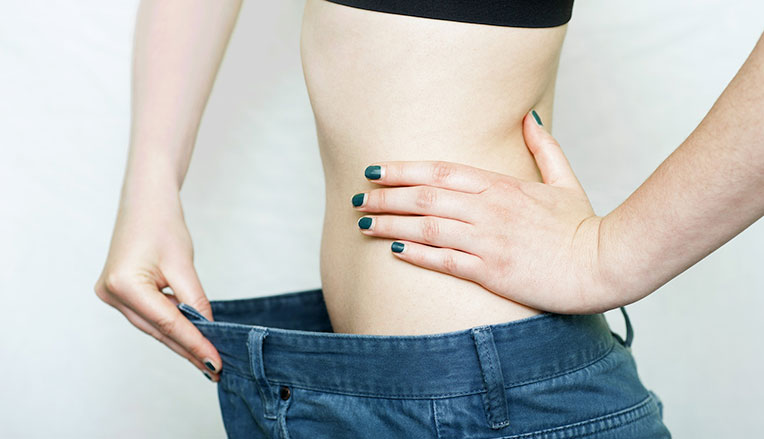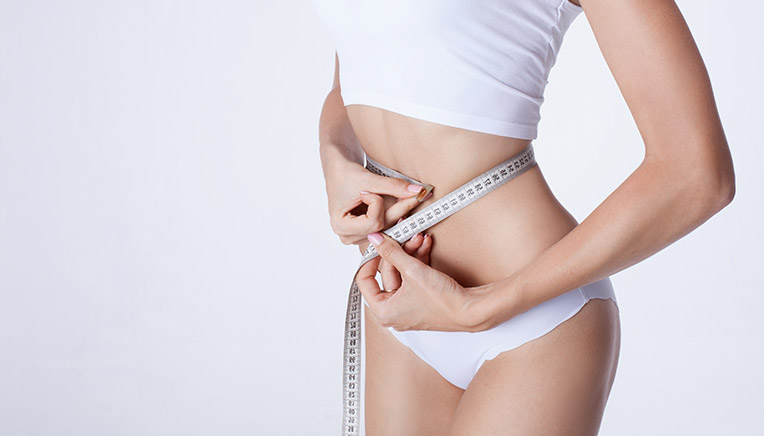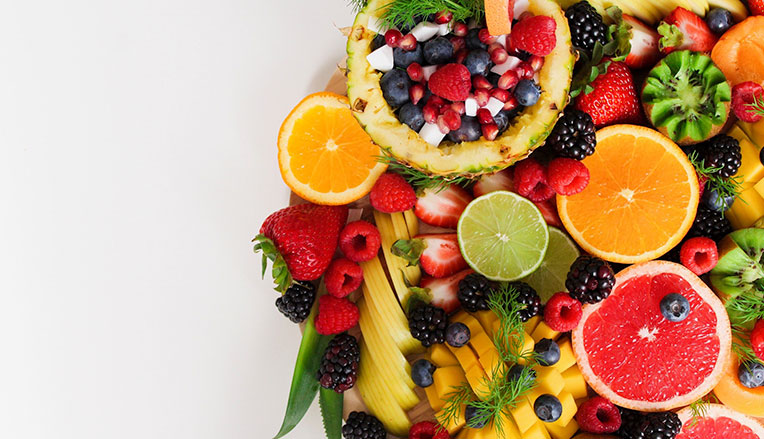Written by: Nikolaj Bach, BCs. Scient. Med.
Do you want to lose weight?
Many tempting offers aim to take advantage of people's desire to lose weight.
And, especially at this time of year, there are plenty of fast cures available for anyone looking to reduce weight. Products and treatments help you lose weight quickly and maintain a healthy physique. Your money is the only thing they want in return.
It may be detox cures, magical stones that give your body "balance," or belly belts that give you shocks and a six-pack (no, they don't!).
It may be slim-hack number one: juice cure for those looking to lose weight quickly.
A juice cure might promise to be able to accomplish everything. Cleanse your body of toxins, reduce inflammation, strengthen your immune system, and, most importantly, help you lose weight.
You aren't dumb for wanting to try a juice cure. I understand how tempting it is.
On the one hand, you may be doubtful, but on the other hand, it would be fantastic if it were true that drinking a lot of nutritious juices will help you cleanse your body and lose weight quickly.
Don't you want to do something healthy for your body?
The conscience over an unhealthy body and the hope of a rapid weight loss on which the juice cure lives big.
Because, as tempting as the juice cure may seem, it is not. It does not provide you with the long-term weight loss you want.
On the contrary, there is a good chance that it adds another defeat to the list of failed diets and weight loss failures.
When you hear about juice cures and how magical they are, it's all bullshit!
A juice cure does not "detox" you
"Detox" is a great marketing phrase. Consider this. When you hear the word "detox," it nearly always refers to a product that someone is trying to sell. That should be enough to set off warning bells.
However, you should not expect the juice cure to rid your body of waste products or assist in weight reduction.
It should also seem unusual if the health sciences have been fighting the fat for so long in vain while your organic sandwich shop has discovered the solution in the shape of a beet/celery juice with biodynamic stinging nettle.

There is no proof that juice remedies cleanse your body of waste products and poisons, which your liver and kidneys happily already do (1).
To persuade you that weight reduction is about cleaning the body, not about calorie deficit, detox sellers must use nonsense explanations about inflammation, "living foods," hormonal imbalances, and toxins.
And it's upper nonsense that defies the fundamental physics regarding the body's energy metabolism.
So if you want to be on the safe side, start by eating varied (you do not want to live on tuna and thereby get too much mercury), rinse fruit and vegetables thoroughly (possibly buy organic), and use cosmetics without perfume and parabens. Not expensive juice cures.
2. Weight loss does not come (primarily) from fat
When you live on a liquid diet in the form of juice, there are not much feces in the intestine. And that means that a substantial portion of the weight loss you see within a few days of starting a juice regimen is shit. Lack of nutrients in the stomach and feces in the intestine can result in several lost kg on the bathroom scale, which can be confused with a fat loss.
Fluid in the body is the same way. Even though fruit and vegetable juices are almost entirely carbohydrate-based, a juice diet typically provides so little nutrition that you consume substantially less carbohydrate than previously.

It indicates that the body's glucose stores, commonly known as glycogen, are insufficient. It also causes a fast loss of fluid, which can be mistaken for fat loss. For example, 1 gram of glycogen binds 3-4 grams of liquid in the body.
(For the same reason, one initially sees a significant weight loss on low-carb diets, which mistakenly leads some to claim that low carb is always the best weight loss diet)

The result is a significant weight loss in a few days - which in reality does not matter because only a minimum is fat.
At the same time, as soon as the juice cure is over, you regain all of your weight when resuming your regular eating habits.
3. You do not achieve lasting weight loss
On most juice diets, you are in a large calorie deficit, and if you are for a long enough period, you will lose a significant amount of fat in the short run.
For cures and quick fixes do not provide lasting weight loss. So-called miracle cure ("fad diets", which are described in this scientific article ) only work as long as you follow them (2). A detox cure is something you do temporarily - and thus, you only achieve temporary results.
When you resume your previous eating habits (and consume the same number of calories), you gain all of the weight you lost on the juice diet - or even more - due to an increased appetite and a loss of muscle mass:
4. You lose muscle mass
Fruit and vegetable juices contain very little protein.
So even the average person who doesn't lift weights will not have his protein needs covered on a juice diet.
It's a problem - and especially during weight loss. Why?
Because eating protein helps to maintain muscle mass while losing weight. Muscle mass consumes energy, is necessary for daily activity, and helps to receive the physique you want
While muscle mass helps the body's metabolism (especially during physical exercise), it's possible that losing muscle mass causes an increase in appetite (see this study https://pubmed.ncbi.nlm.nih.gov/28078821/).
Increased appetite makes it difficult to maintain weight loss and is one of the reasons why you quickly regain weight after a classic starvation diet, which juice diets are (3.4) - Especially when you significantly underestimate protein.
Simultaneously, protein (up to a certain amount) is satiating (see this study), which can help with weight loss (5). It also applies to fruits and vegetables - if you eat them whole instead of juicing them.

This also applies to fruit and vegetables - if you obviously eat them whole, instead of juicing them:
5. Juice is NOT as healthy as whole fruits and vegetables
Plants are healthy, and it is just one of the official dietary tips to eat fruits and many vegetables.
Fruits and vegetables are packed with vitamins, minerals, and phytochemicals and are low in calories and filling.
Plants are healthy, and it is just one of the official dietary tips to eat fruits and many vegetables.
Fruits and vegetables are packed with vitamins, minerals, and phytochemicals and are low in calories and filling.
They are nutritious due to their richness and high dietary fiber content. However, when you juice fruits and vegetables, you lose dietary fiber and specific nutrients left in the pulp.

So there's a difference between blending fruit and vegetables in a smoothie and squeezing the juice from the plants, where you still get the fiber (and perhaps even make it easier to absorb certain nutrients).
As a result, juicing plants rob you of both nutrition and fullness. In other words, the juice cure is not an excellent alternative to a balanced diet of fruits and vegetables, and according to the Danish Veterinary and Food Administration, juice may only count for one of your six daily fruit and vegetable servings.
Do you want a fast cure that is also difficult, costly, unneeded, and useless in the long run? No well?
So, avoid juice cures.
Sources:
(1) https://www.ncbi.nlm.nih.gov/pubmed/25522674
(2) https://www.ncbi.nlm.nih.gov/pubmed/29124370
(3) https: //www.ncbi .nlm.nih.gov/pubmed/28078821
(4) https://www.ncbi.nlm.nih.gov/pmc/articles/PMC5108589/
(5) https://www.ncbi.nlm.nih.gov/pubmed/16002798





